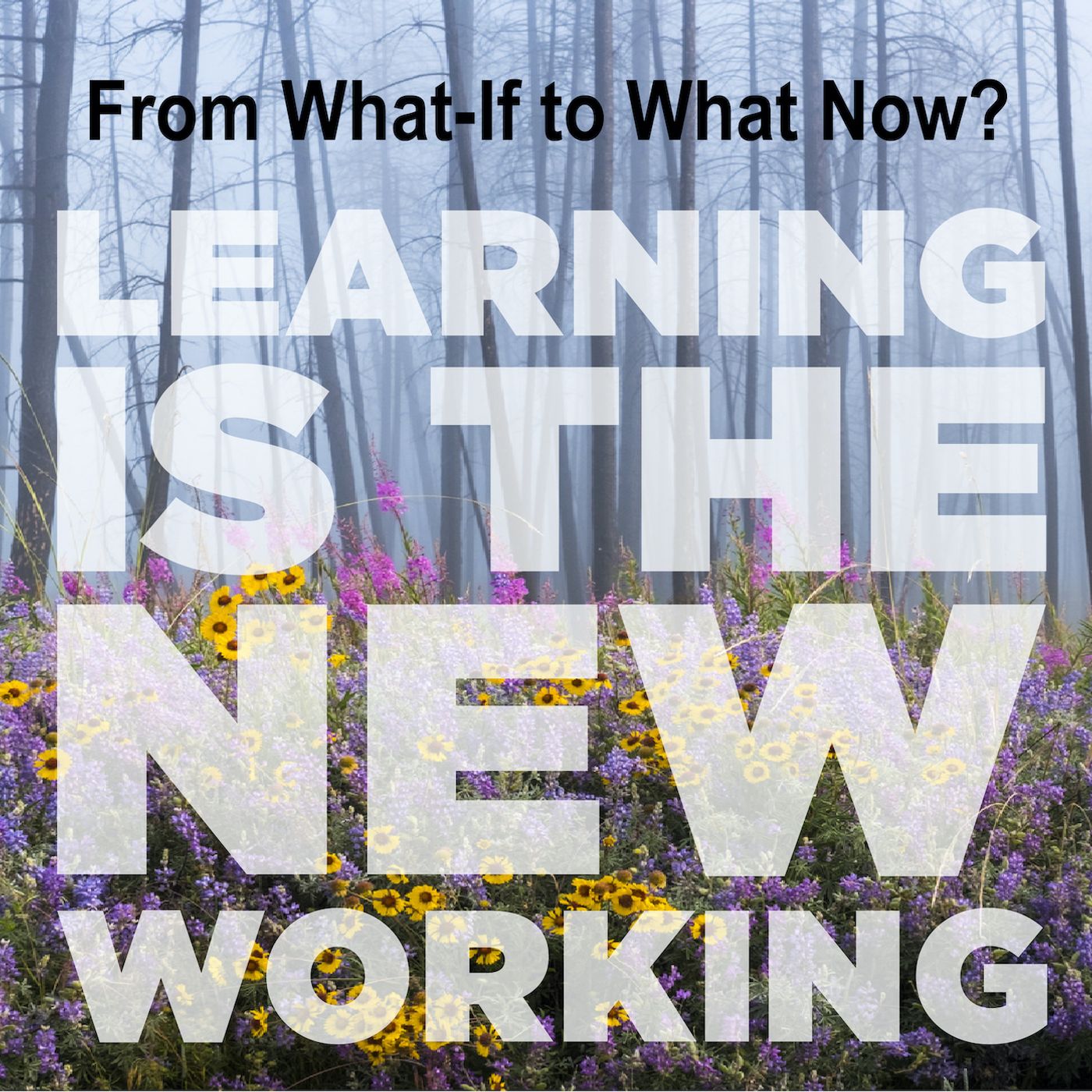- Technology
- SEE MORE
- classical
- general
- talk
- News
- Family
- Bürgerfunk
- pop
- Islam
- soul
- jazz
- Comedy
- humor
- wissenschaft
- opera
- baroque
- gesellschaft
- theater
- Local
- alternative
- electro
- rock
- rap
- lifestyle
- Music
- como
- RNE
- ballads
- greek
- Buddhism
- deportes
- christian
- piano
- djs
- Dance
- dutch
- flamenco
- social
- hope
- christian rock
- academia
- afrique
- Business
- musique
- ελληνική-μουσική
- religion
- World radio
- Zarzuela
- travel
- World
- NFL
- media
- Art
- public
- Sports
- Gospel
- st.
- baptist
- Leisure
- Kids & Family
- musical
- club
- Culture
- Health & Fitness
- True Crime
- Fiction
- children
- Society & Culture
- TV & Film
- gold
- kunst
- música
- gay
- Natural
- a
- francais
- bach
- economics
- kultur
- evangelical
- tech
- Opinion
- Government
- gaming
- College
- technik
- History
- Jesus
- Health
- movies
- radio
- services
- Church
- podcast
- Education
- international
- Transportation
- Other
- kids
- podcasts
- philadelphia
- Noticias
- love
- sport
- Salud
- film
- and
- 4chan
- Disco
- Stories
- fashion
- Arts
- interviews
- hardstyle
- entertainment
- humour
- medieval
- literature
- alma
- Cultura
- video
- TV
- Science
- en
Robert Poynton On How To Create, And Hold, A "Space To Learn"

With a third of humanity still in various forms of Lockdown, the worlds of Work and Learning hare changing radically, indeed will arguably never be the same again. As Learning Leaders we can be forgiven for asking \u2018What Now?\u2019 In our new COVID-19 mini-Season at \u2018Learning Is The New Working,\u2019 we\u2019re reaching out to some smart folks who might give us some useful food for thought here, and you can\u2019t get better than this week\u2019s guest, Oxford University in the UK\u2019s Robert Poynton. Poynton, an Associate Fellow at the University\u2019s Sa\xefd Business School, first came to my personal attention when, just out of Microsoft, I read his fascinating 2018 book Do Improvise: Less push. More pause. Better results. A new approach to work (and life). The basic idea couldn\u2019t be more timely; access improv skills that an actor might use on stage to the everyday business of work and life as a way to embrace change as a natural process, putting creativity and innovation at the heart of all you do. I love this, and it definitely inspired me to try new things, so I decided to reach out to Robert in his home office to capture some of his reflections on our current global situation. We find out about his personal intellectual journey studying Psychology and Philosophy at the same institution he still works in then a move into Advertising for a few years, then: how he works in both Oxford, but also \u201coff grid\u201d in rural Spain; the range of brands, including Nike, and leaders he works on in both his Executive Education and Improv work; the \u2018Do\u2019 series of books and its guiding ideas; why improvised theatre fascinates him so much - and why it should you, too; how it turns out improvisation is actually based on a set of practices that can be studied and learnt and help us deal with Change; why we end up spending too much time in our own heads and that noticing your environment can really help; how to map his ideas onto being a better Learner; his reflections on the clues the response to COVID-19 is giving us; and much more.